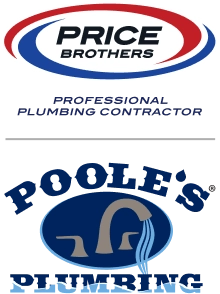Kitchen Plumbing Maintenance Guide
Kitchen Plumbing Maintenance Guide — The summer months can be especially demanding on your kitchen plumbing. From hosting barbecues to accommodating family gatherings, your kitchen works overtime during this busy holiday season. When there is increased activity, the risk of wear and tear on your plumbing system also increases. To help you keep everything running smoothly, we've prepared a simple guide to maintain your kitchen plumbing during the summer.
Why Summer Can Be Tough on Your Kitchen Plumbing
Summer gatherings, outdoor meals, and additional house guests create more strain on your plumbing system than usual. Tasks like food preparation, dishwashing, and disposing of grease or food waste can easily overwhelm pipes and drains, leading to clogs, leaks, and other avoidable plumbing issues.
 Essential Tips to Protect Your Kitchen Plumbing
Essential Tips to Protect Your Kitchen Plumbing
1. Be Careful with Your Garbage Disposal
The garbage disposal in our kitchens is a key player, but it's not invincible. Avoid throwing fibrous foods (like celery) and starchy items (like potato peels) down the disposal. Also, avoid putting grease down the disposal. These can clog your pipes or dull the blades.
Pro Tip: Always run cold water when using the disposal to help flush debris through the system.
2. Keep Grease Out of Drains
Cooking up summer favorites like burgers and bacon? It is essential never to pour grease or oil down your sink. Once it cools, grease hardens and causes blockages in your plumbing.
Solution: Collect the grease in a jar or can and dispose of it properly in the trash once it has solidified.
3. Use Strainers in Your Sink
Food scraps and debris can quickly accumulate during meal preparation. Use sink strainers to catch these scraps before they enter your pipes, preventing clogs caused by trapped food.
4. Inspect for Leaks
Regularly check your sink pipes, faucet, and under-sink areas for leaks. Having even a small leak can waste gallons of water if left unattended.
What to Look For: Water stains, pooling, or a musty odor under the sink are signs of hidden leaks.
5. Flush Pipes to Prevent Clogs
Heavy water usage can stir up debris in your plumbing system. Flush your pipes once a week by pouring a mixture combination of hot water and baking soda, followed by vinegar. This natural cleaning method keeps your pipes clear.
6. Stick to Smart Dishwasher Use
With frequent dishwashing in the summer, avoid overloading your dishwasher to prevent clogs. Ensure dishes are pre-rinsed to keep food debris from clogging your dishwasher's filter.
When to Call a Professional Plumber
Even with the best care, plumbing problems can still occur. If you spot the following issues, it's time to call an expert:
- Persistent clogs or slow drains
- Leaks that worsen despite temporary fixes
- Unusual noises or odors from pipes
At Poole's Plumbing, we offer 24/7 emergency plumbing services, ensuring you're never left stranded. Our experienced technicians ensure your plumbing problems are resolved quickly and efficiently.
Peace of Mind with Poole's Plumbing
Since 1999, Poole's Plumbing has been Raleigh's most trusted name in residential and commercial plumbing. We believe in delivering quality, reliability, and exceptional service every time. Whether it's a clogged drain or a complete system inspection, you can count on us to do the job right the first time.
Need help maintaining your kitchen plumbing this summer? Contact Poole's Plumbing for professional assistance. Call us at 919-661-6334 or click here to schedule service.
Don't let your kitchen give you the summer time blues! Your home deserves the best care, done right the first time. Trust Poole's Plumbing to keep your kitchen running smoothly all summer long.

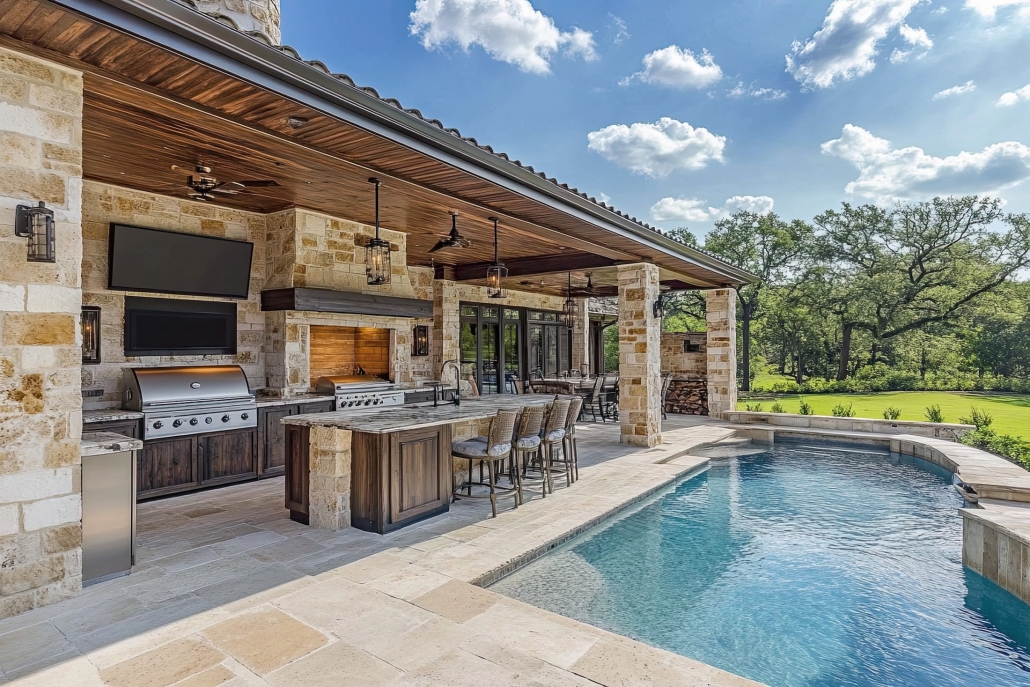

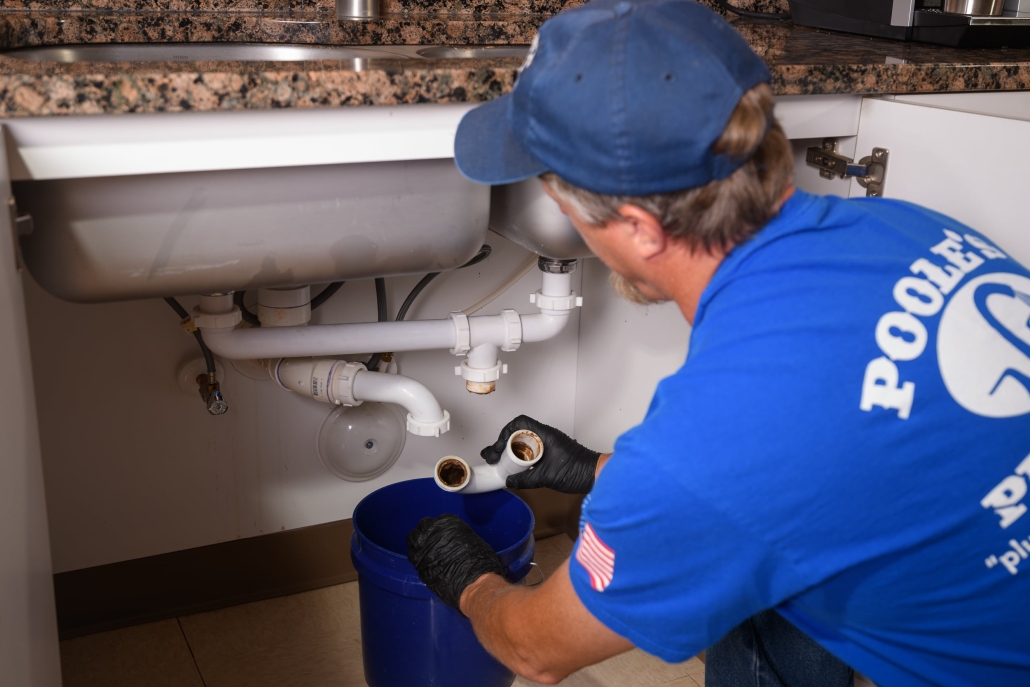
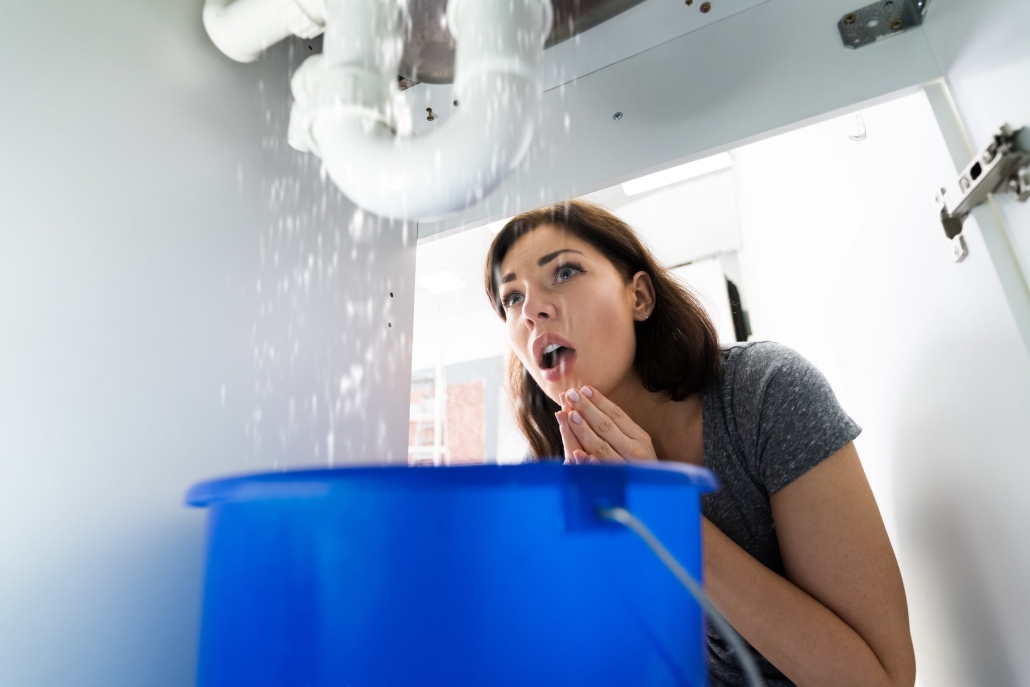
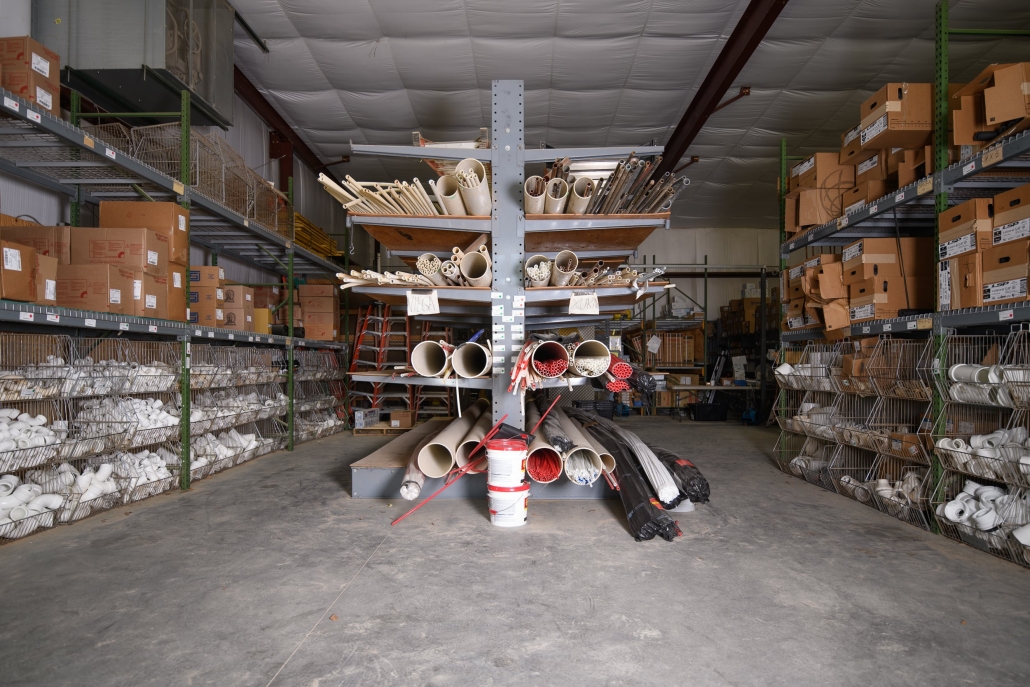

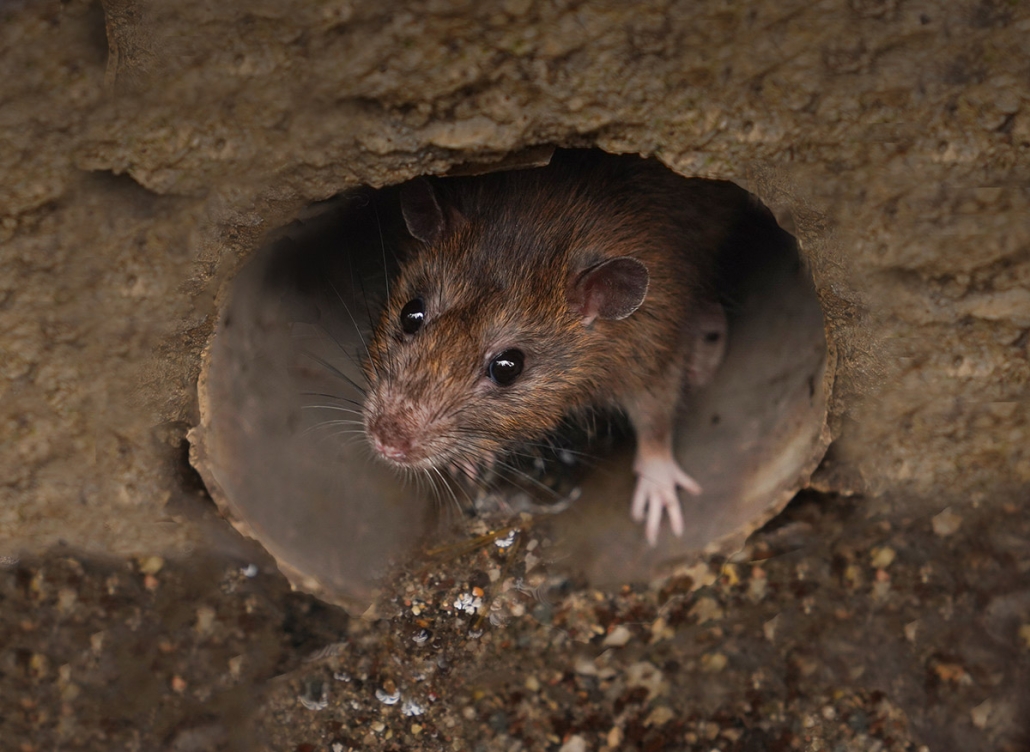
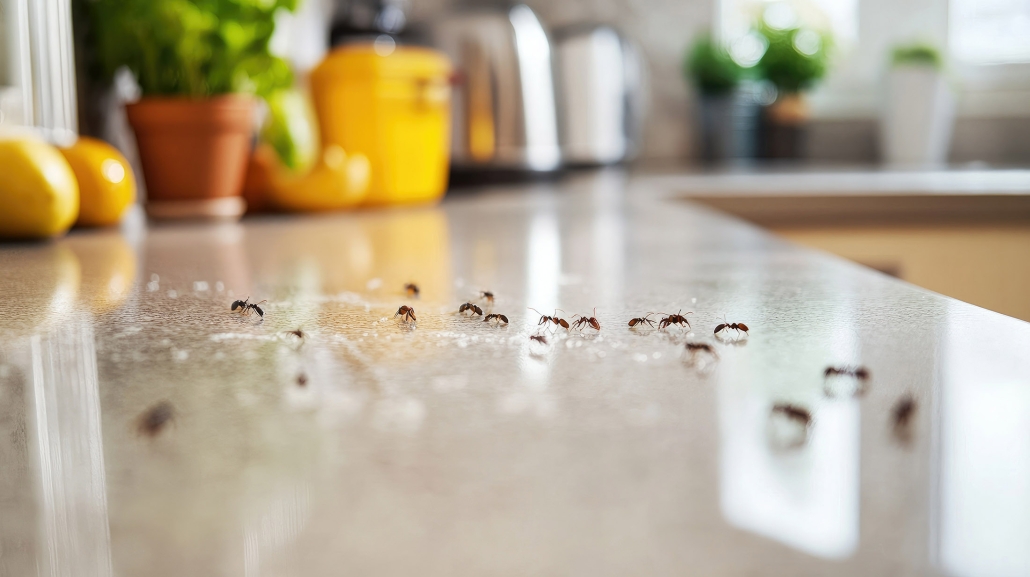
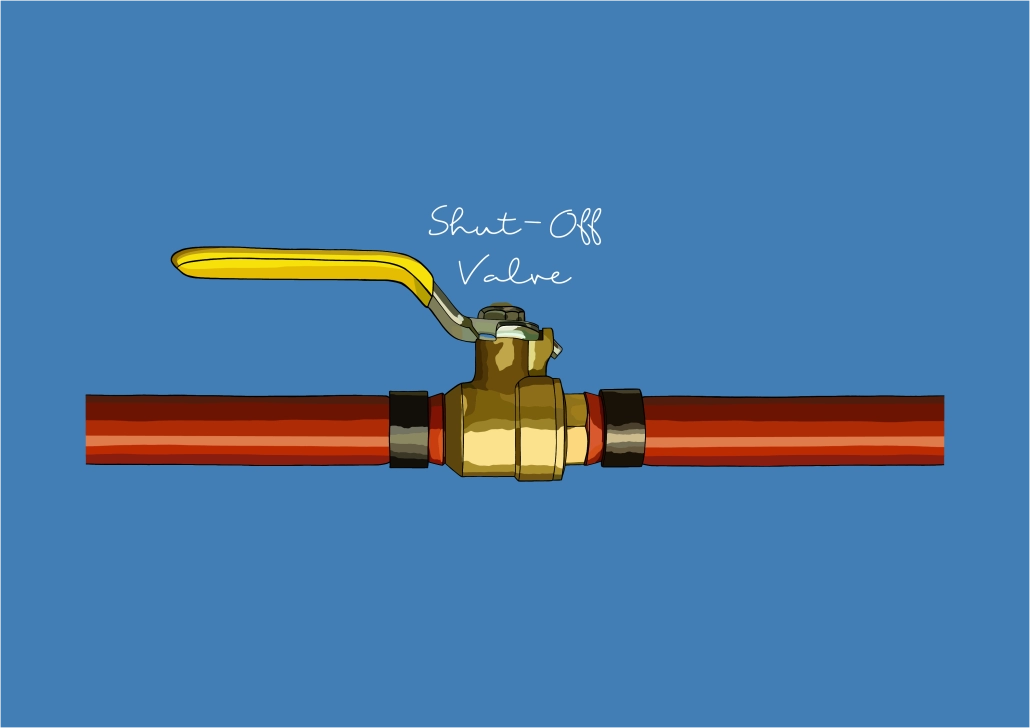
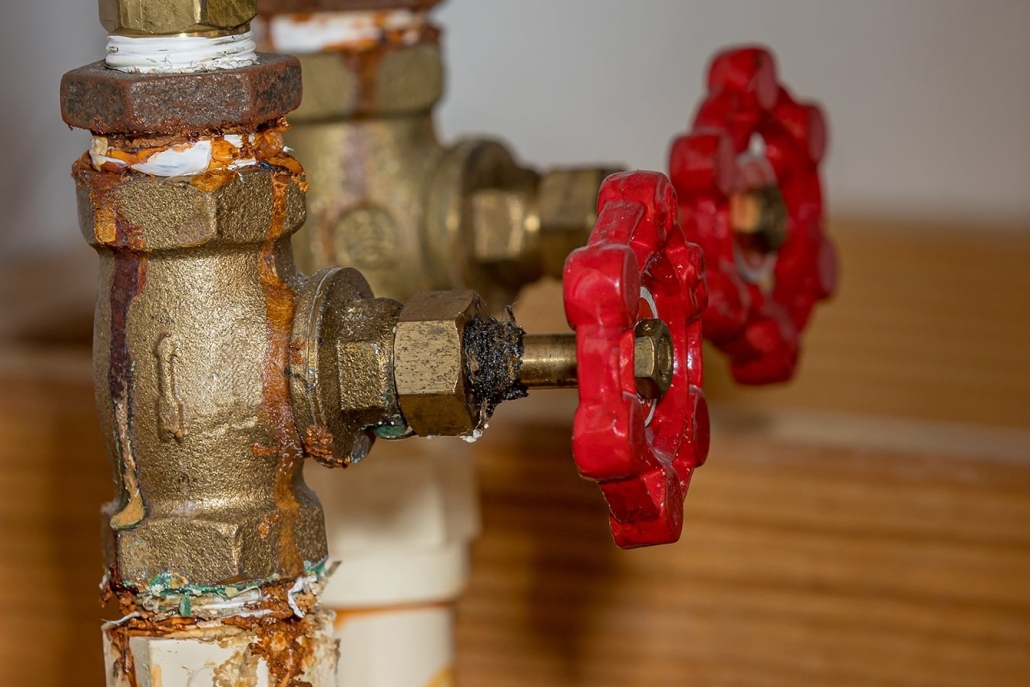

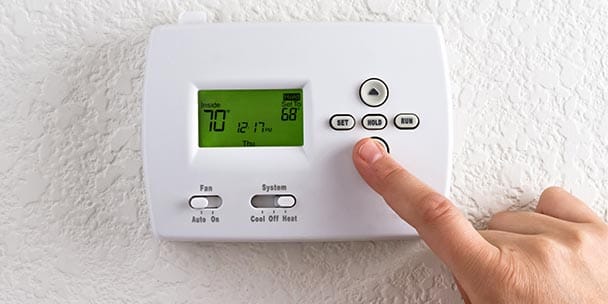
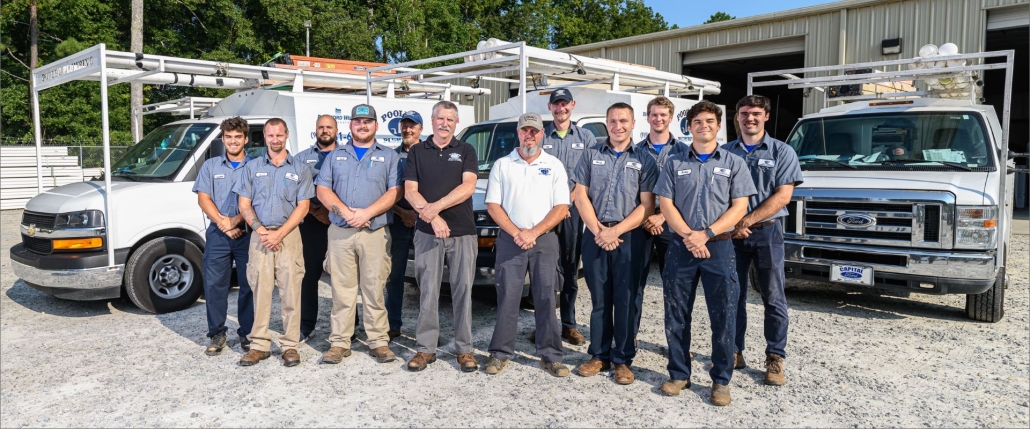
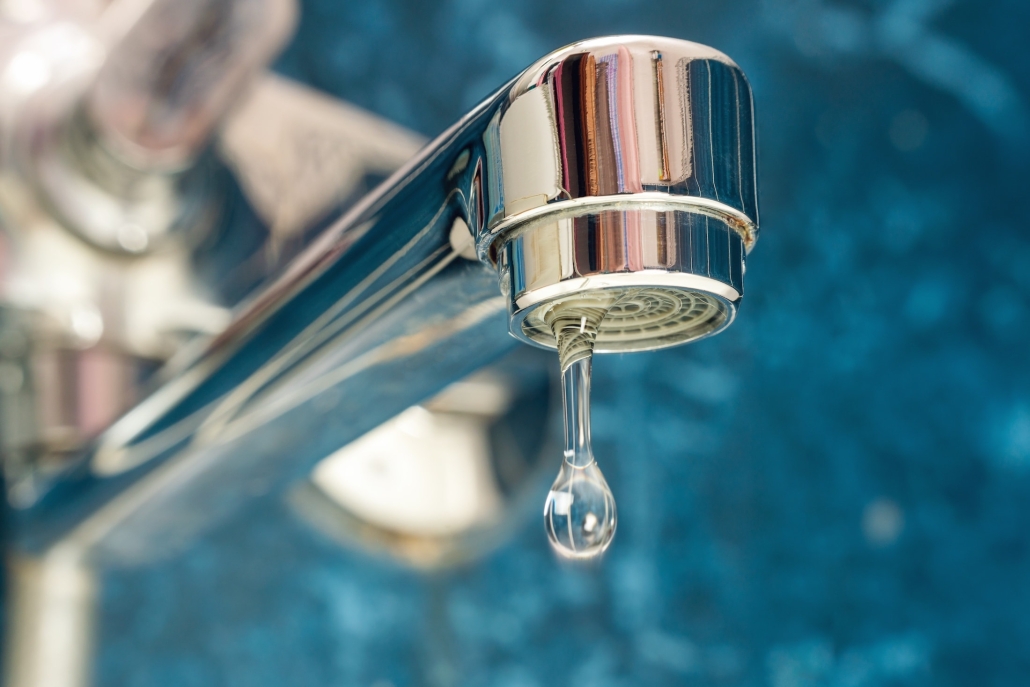
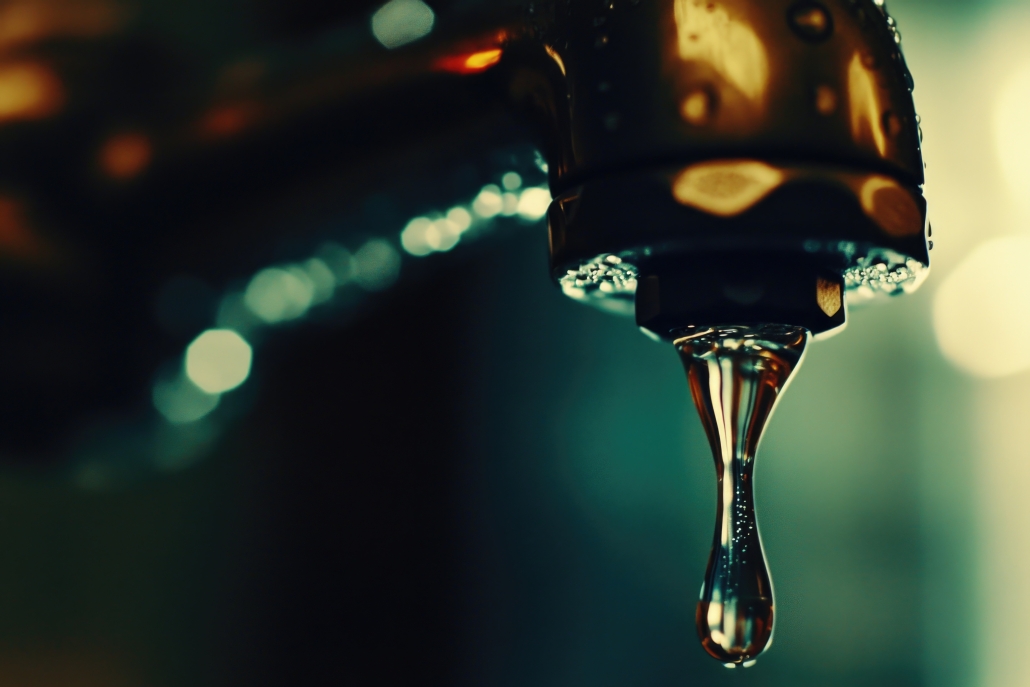 How Much Water Does a Leaky Faucet Waste?
How Much Water Does a Leaky Faucet Waste?
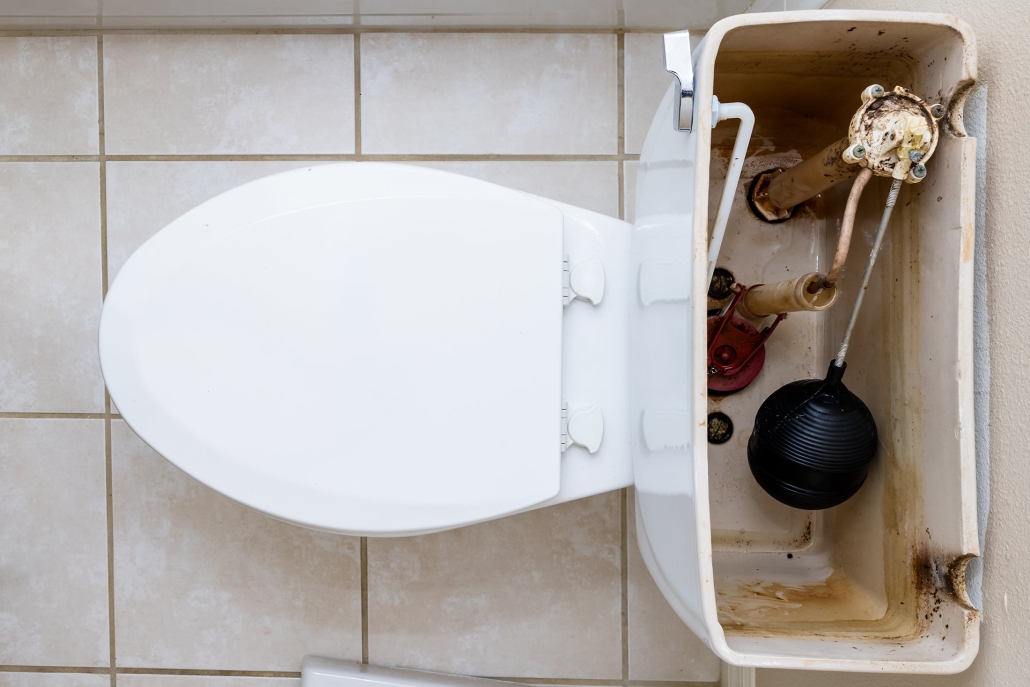
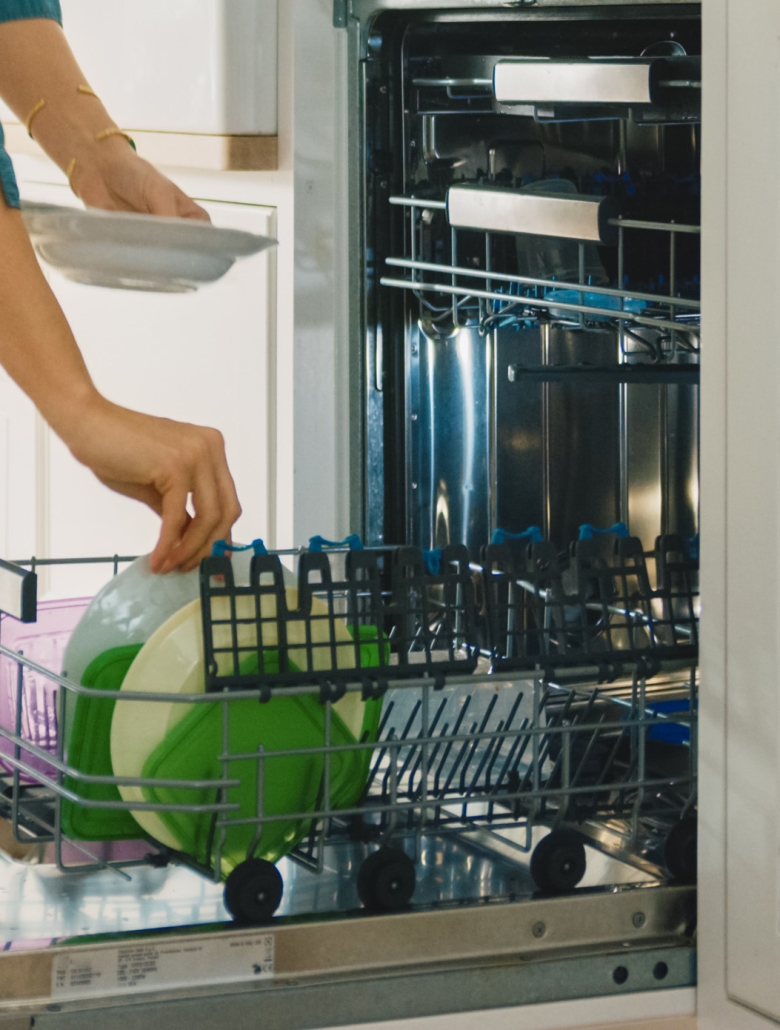
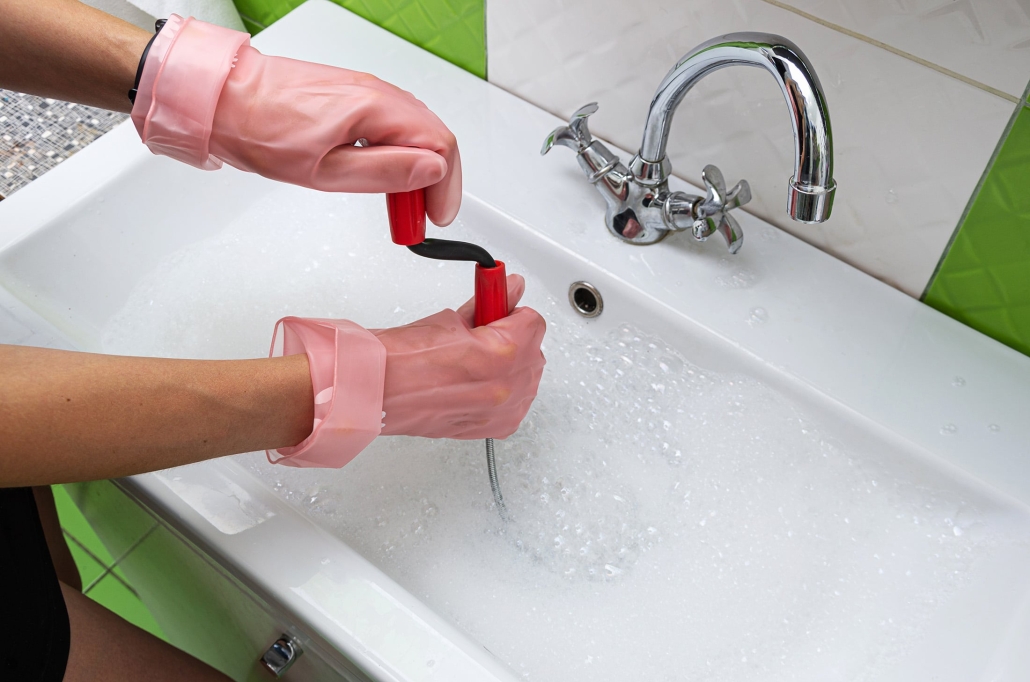
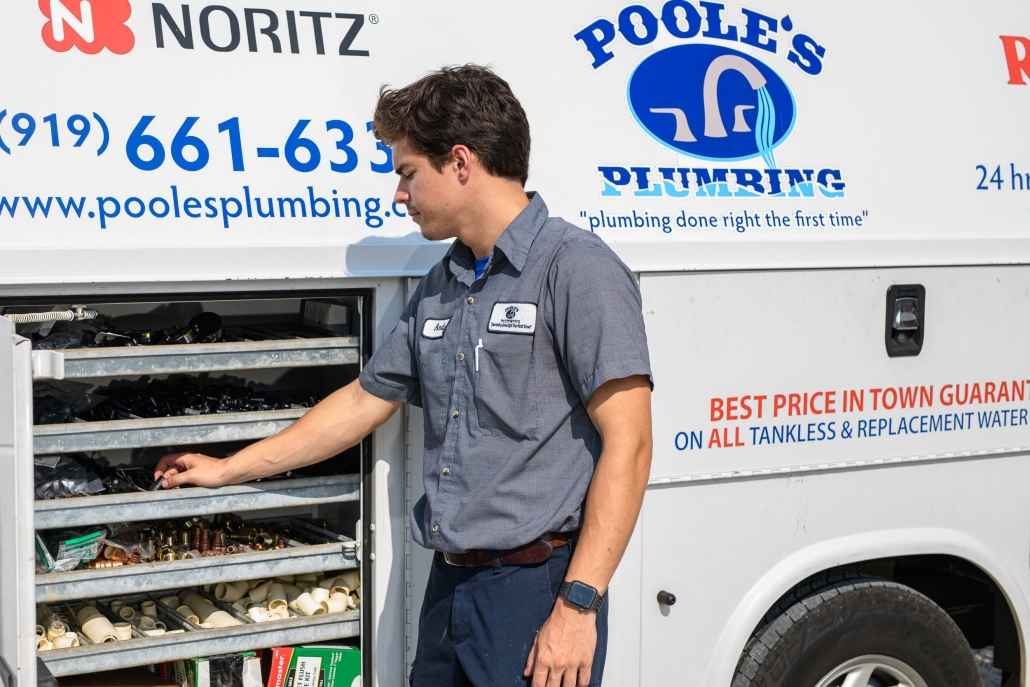
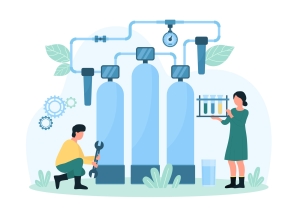

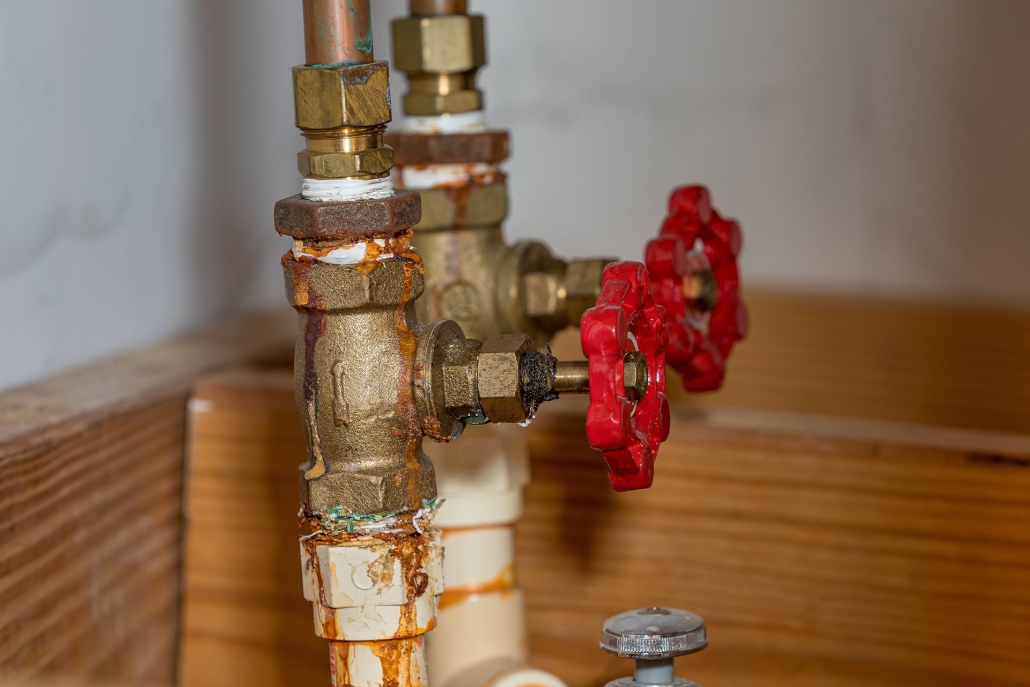
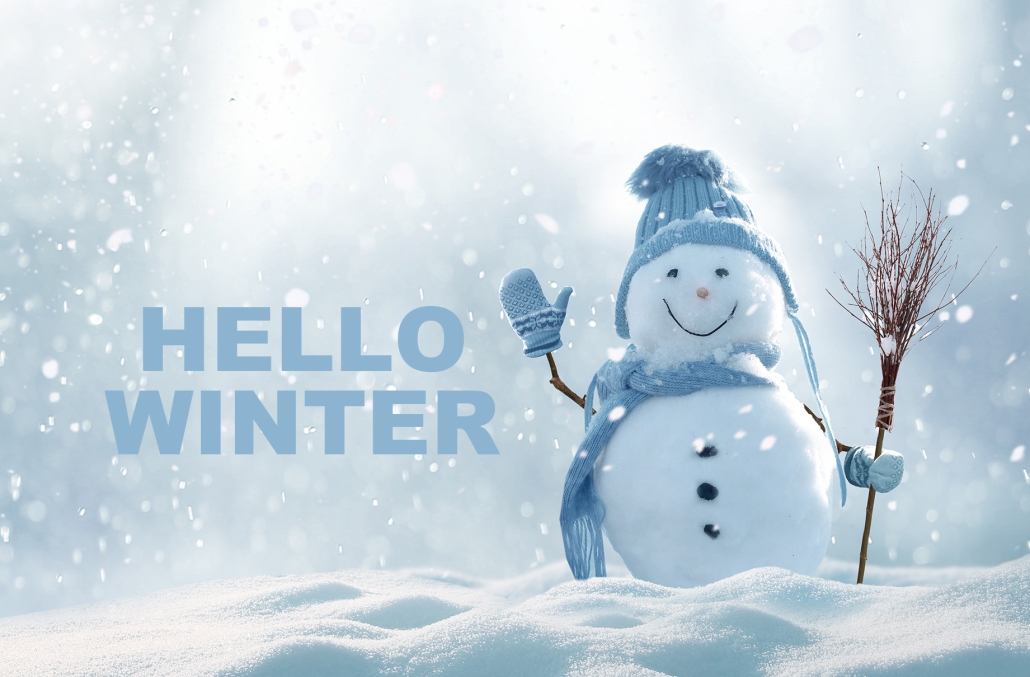
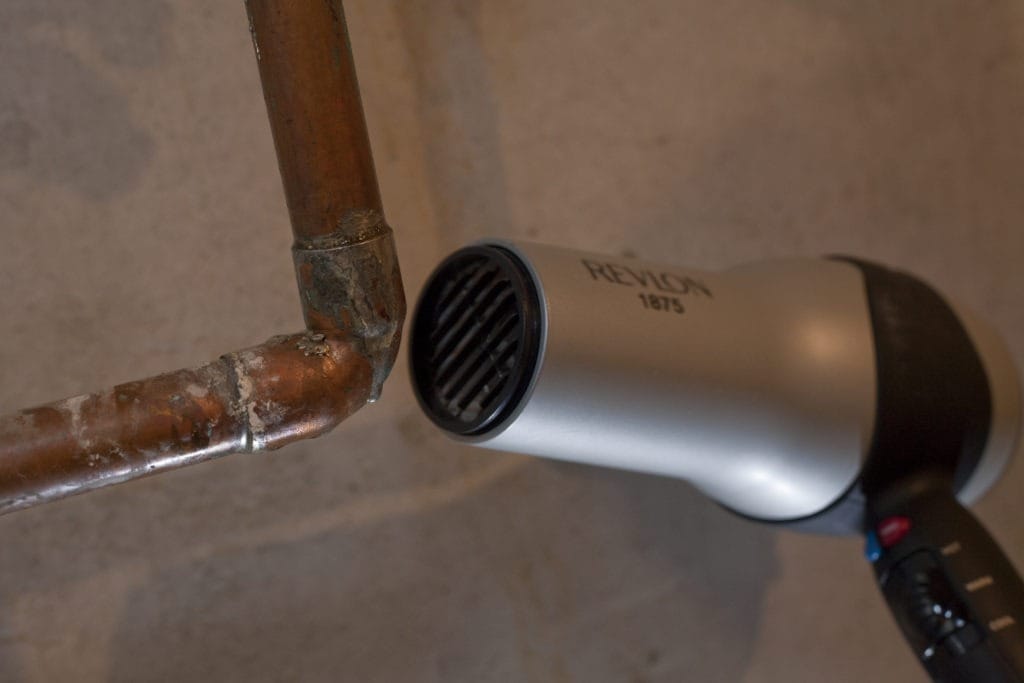
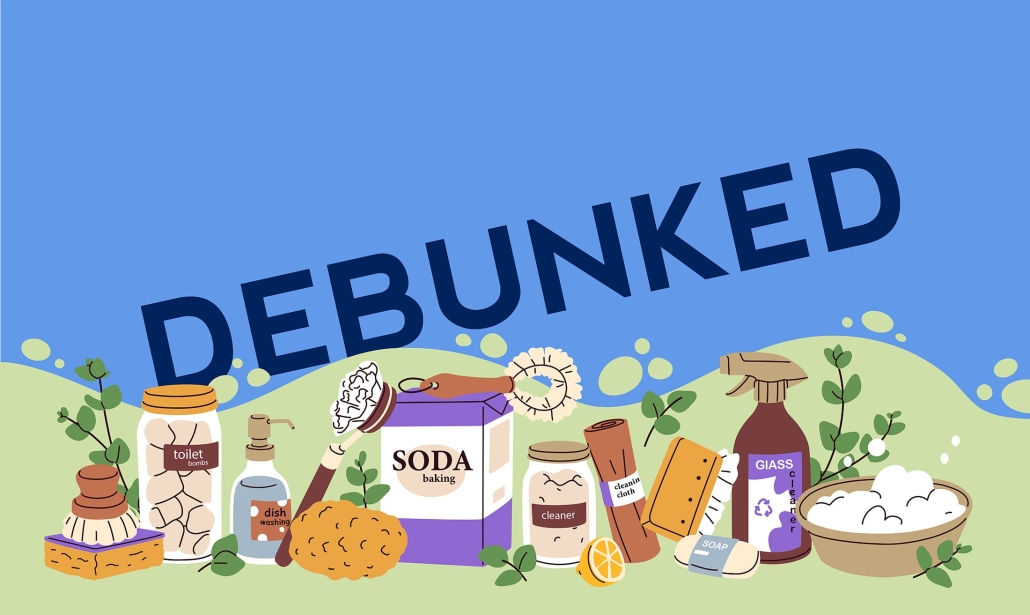
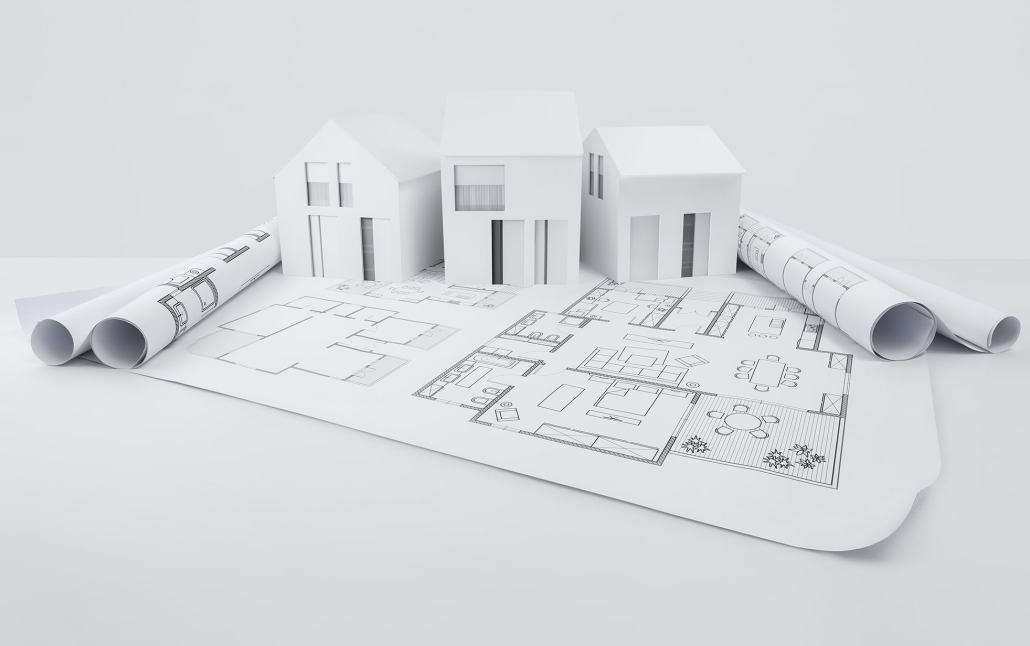
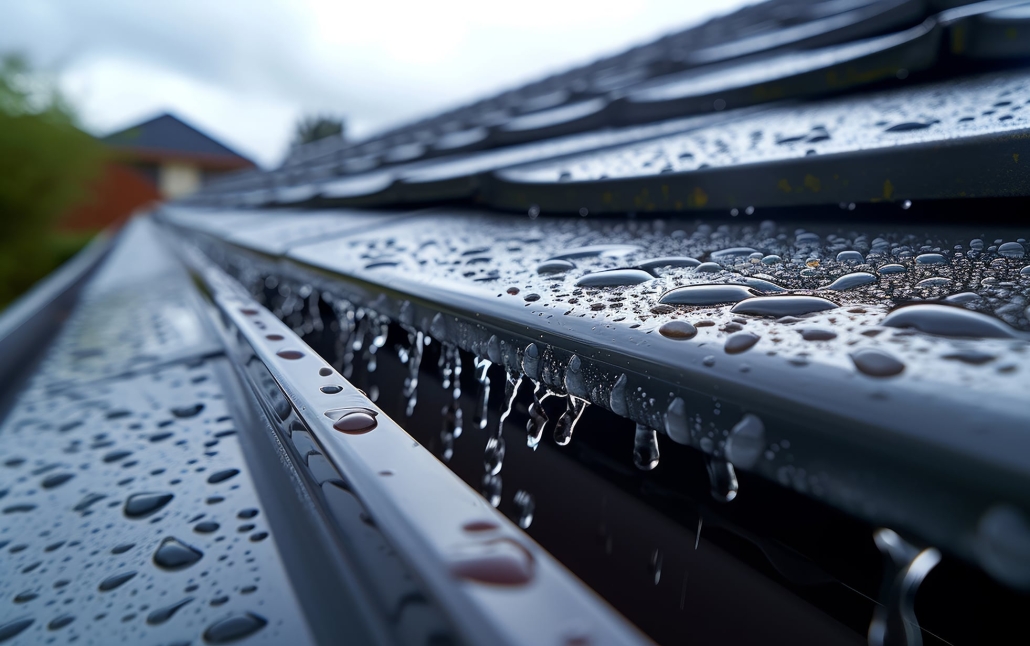
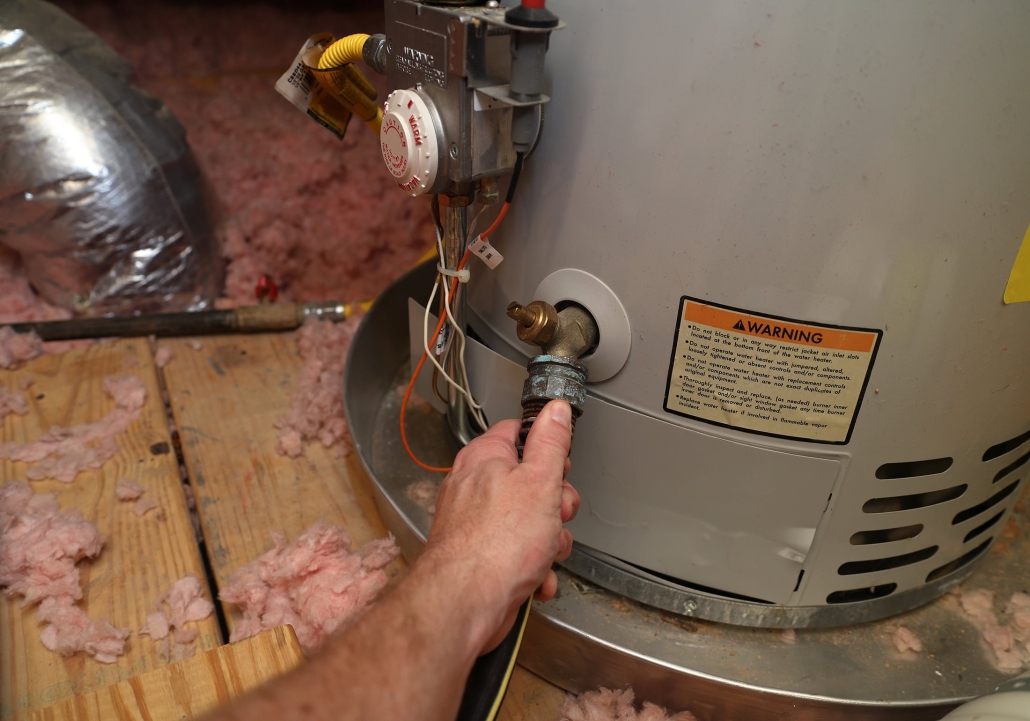
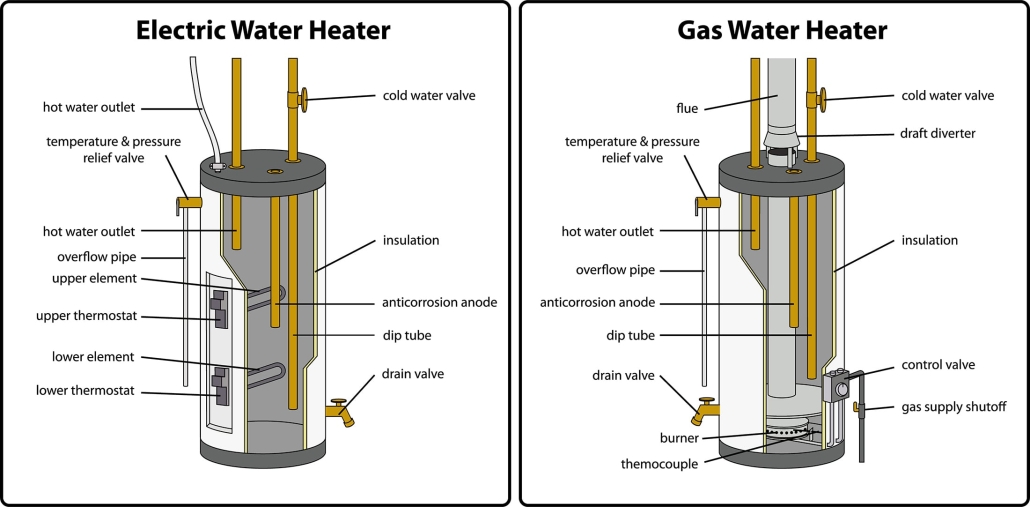
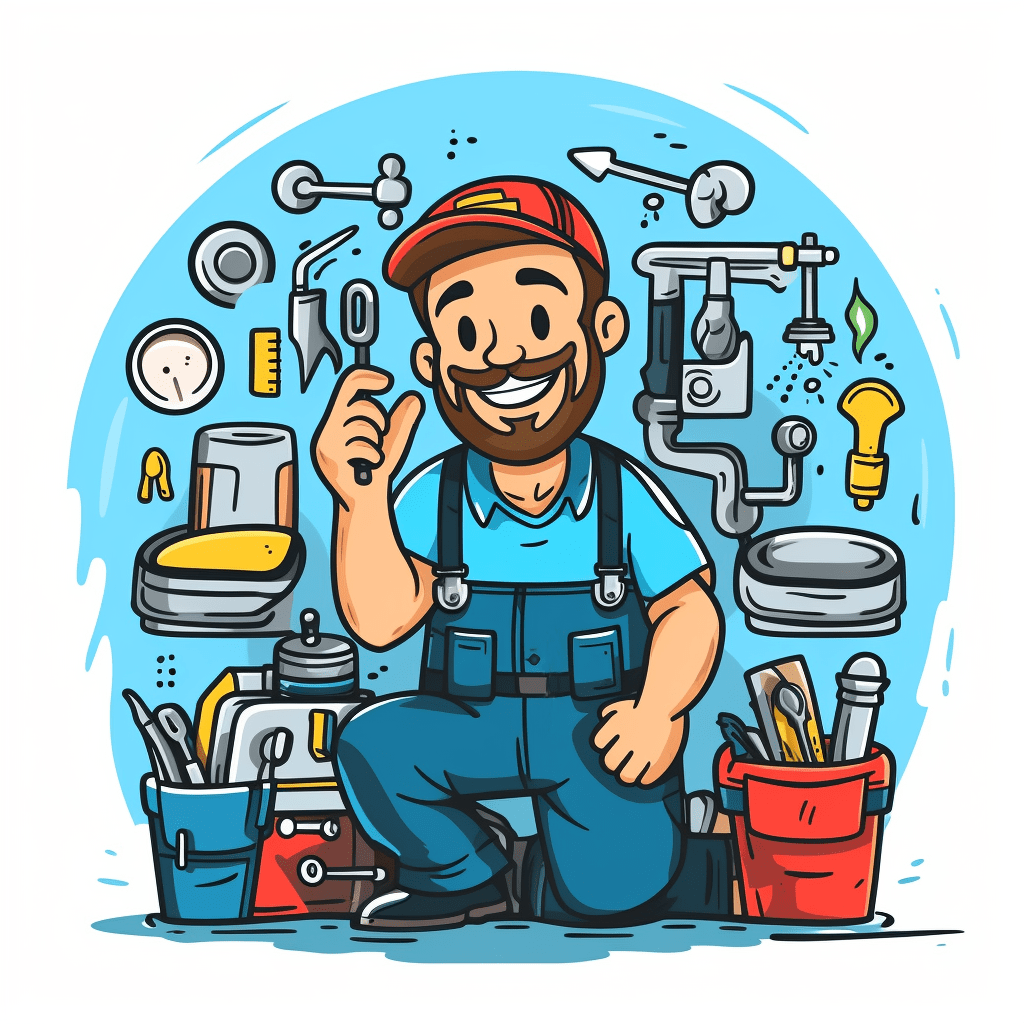
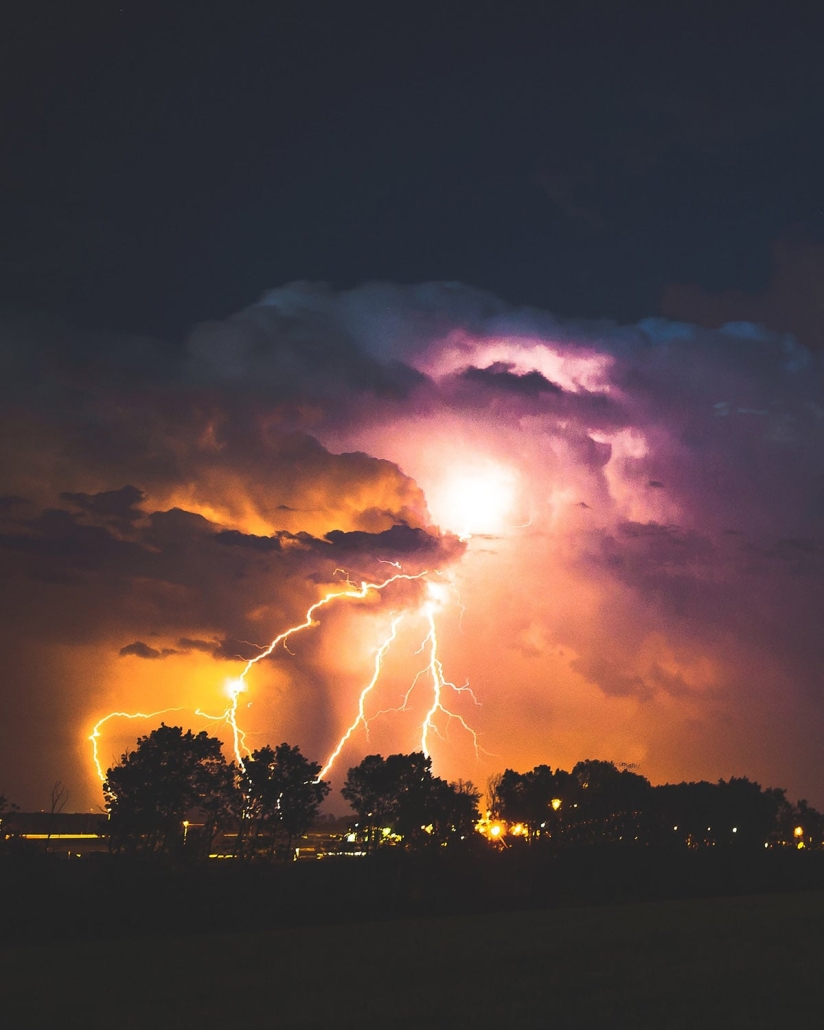
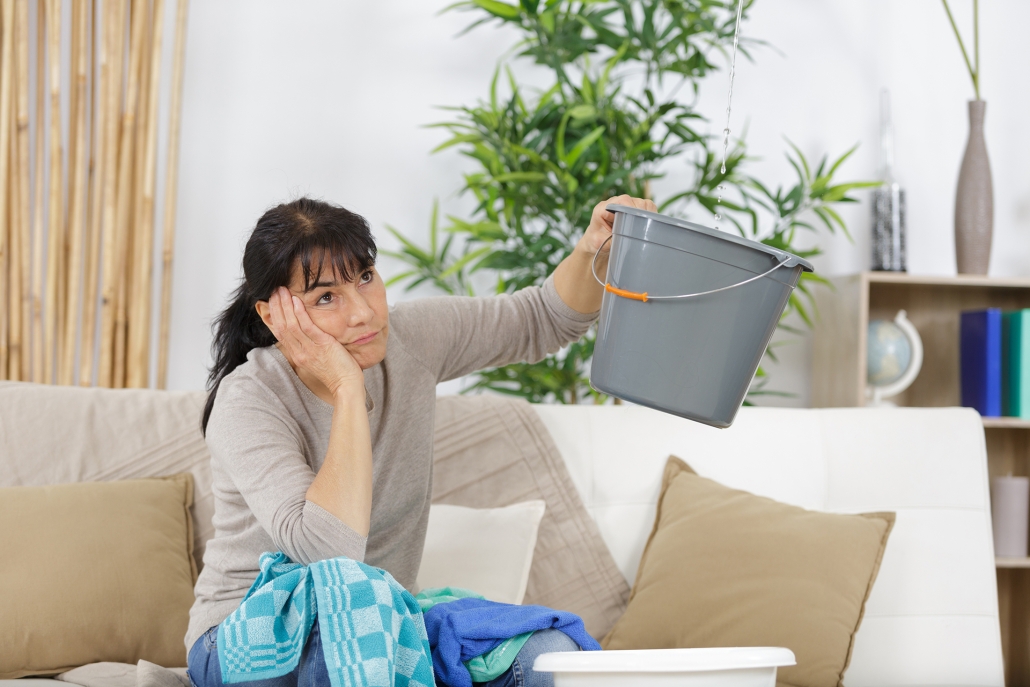
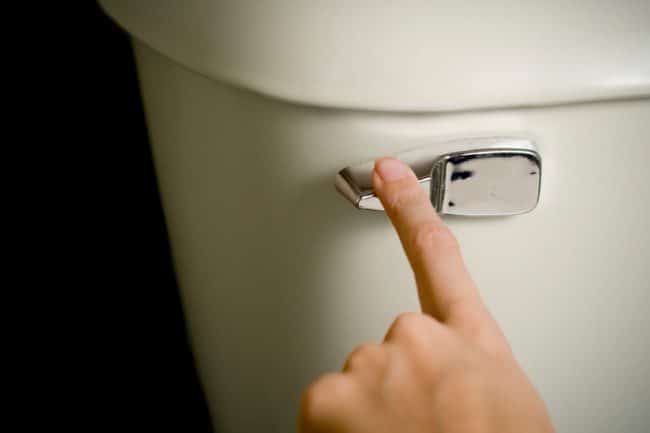
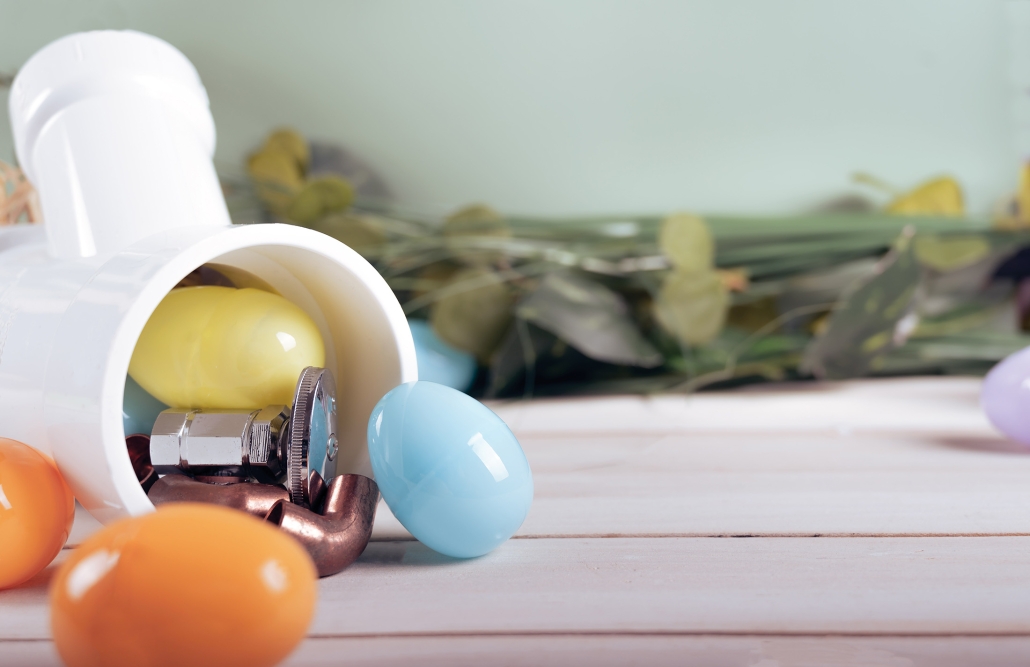
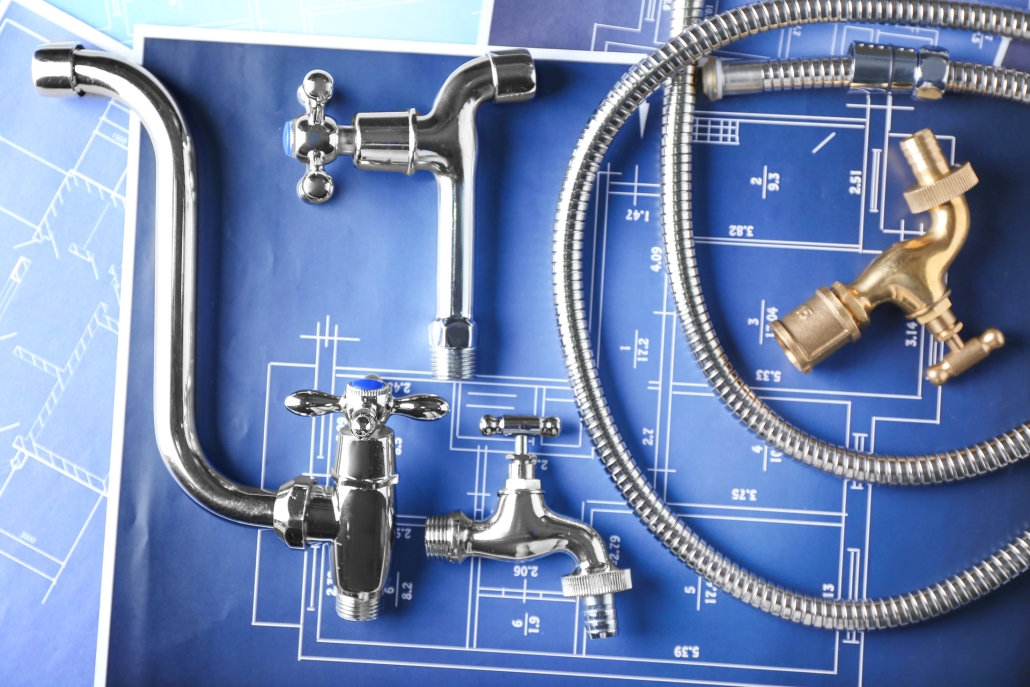
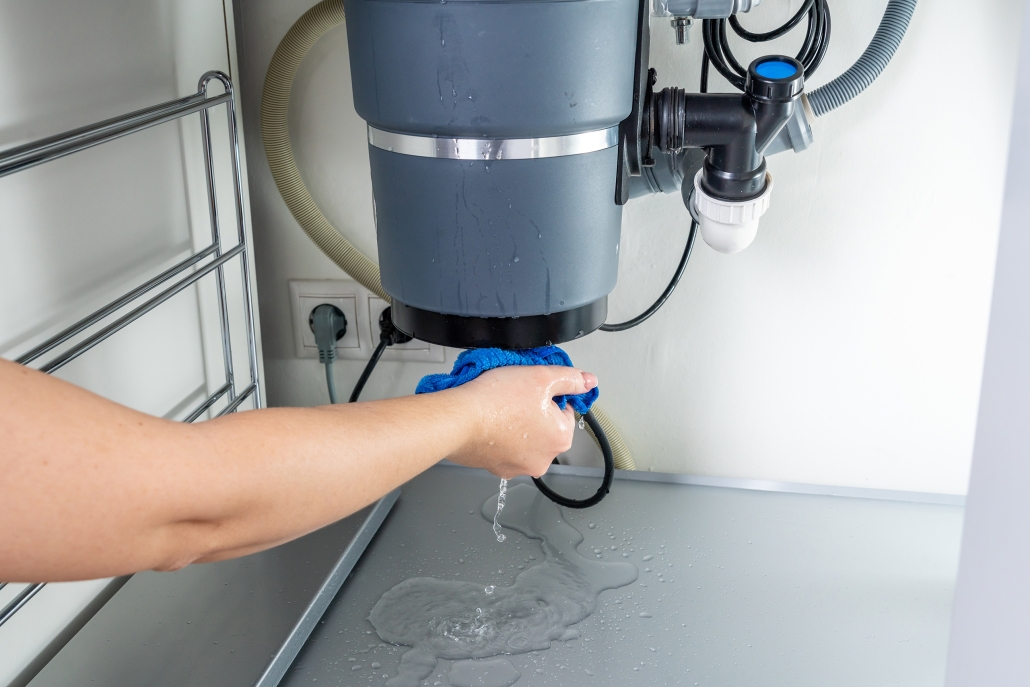
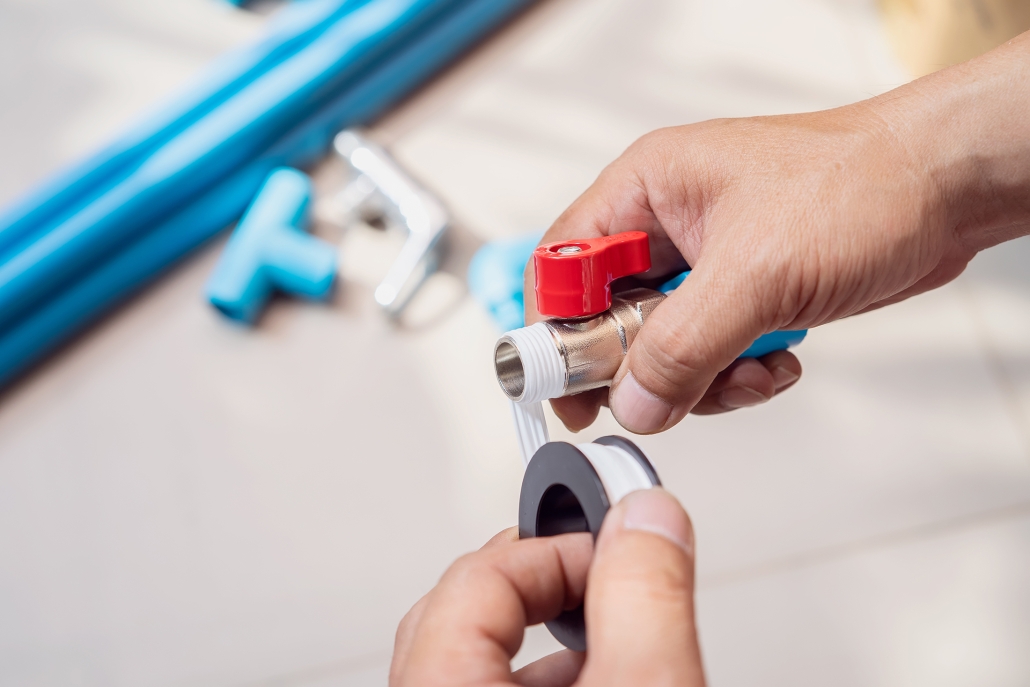

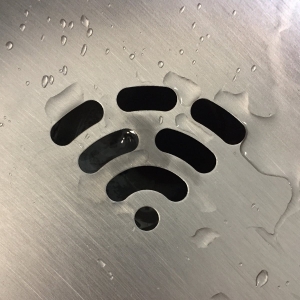
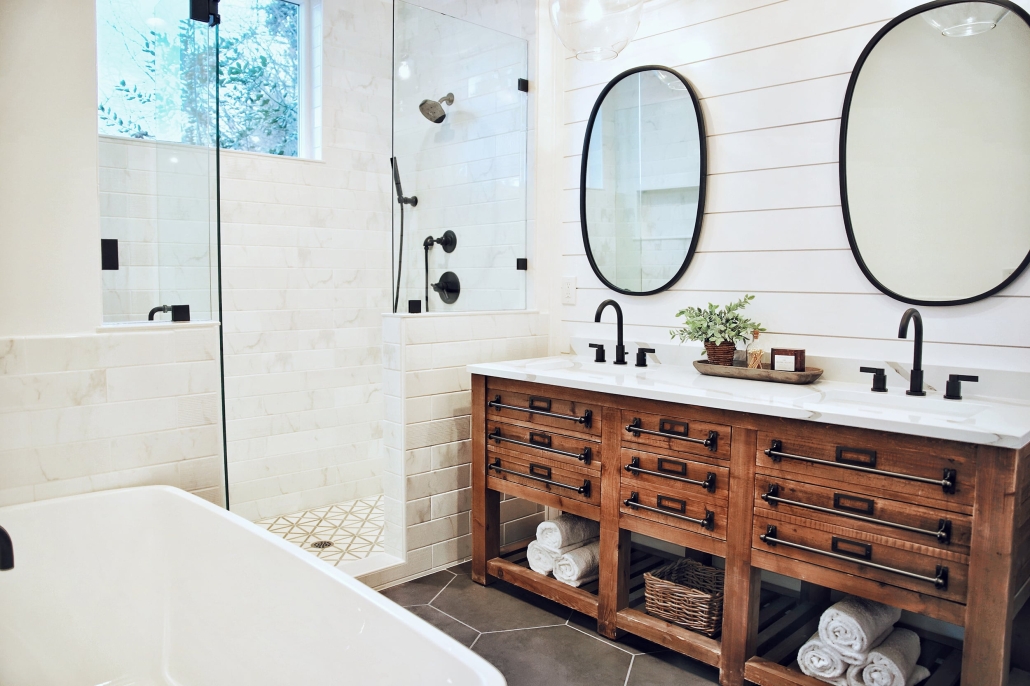
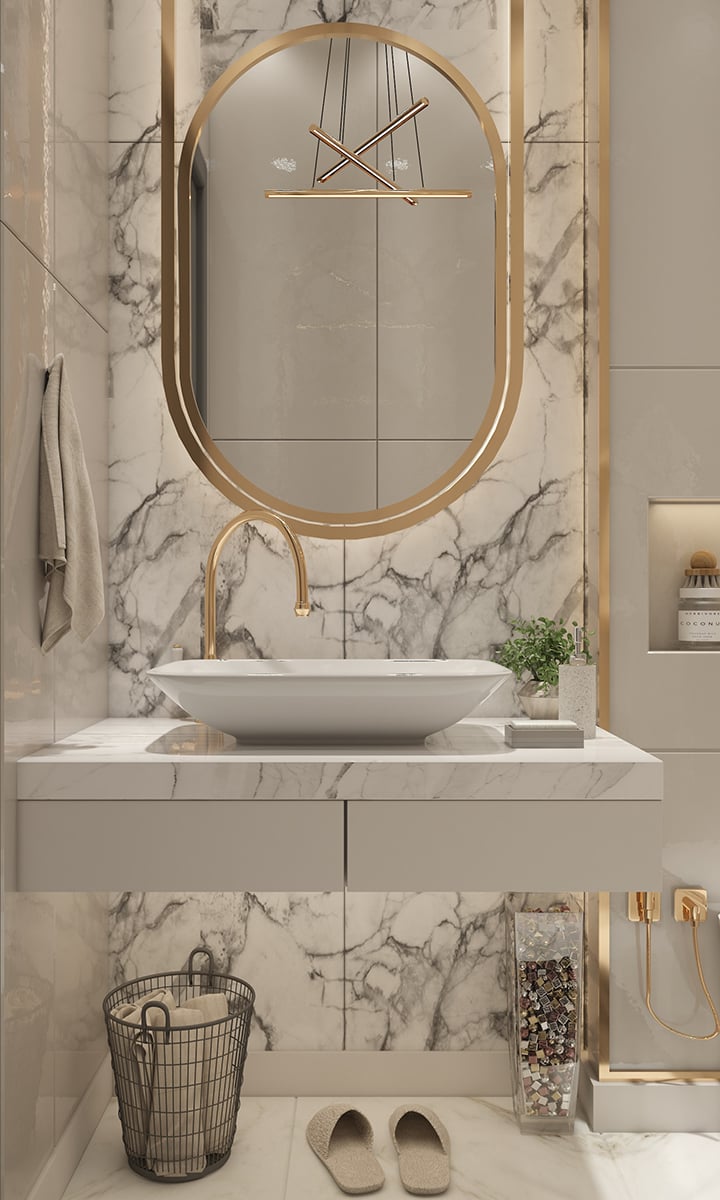 Important Tips
Important Tips

